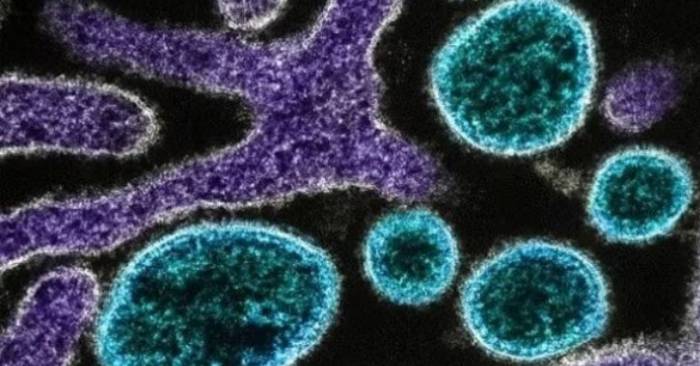Nipah Virus: Recognizing Symptoms and Practicing Prevention Measures

There are lingering concerns surrounding the recent fever-related fatalities in Kozhikode, with suspicions of a possible Nipah virus connection. While no official confirmation has been made, the district remains on high alert for potential health risks. Let’s explore the symptoms associated with the Nipah virus and the precautionary steps to mitigate its spread.
Nipah is an infectious virus that primarily affects animals, often transmitted from infected bats or pigs to humans. Human-to-human transmission is also possible.
The incubation period for the virus ranges from 4 to 14 days before symptoms manifest. These symptoms may include fever, chills, dizziness, loss of consciousness, cough, abdominal pain, nausea, vomiting, fatigue, and blurred vision.
Effective prevention measures include the diligent use of masks, practicing social distancing, regular handwashing with soap and water, maintaining a safe distance from individuals showing symptoms, and using dedicated materials for the care of affected patients. It’s crucial to avoid handling or consuming fruits that may have been exposed to bats.
Vigilant adherence to these safety measures can significantly reduce the risk of contracting and spreading the Nipah virus.






